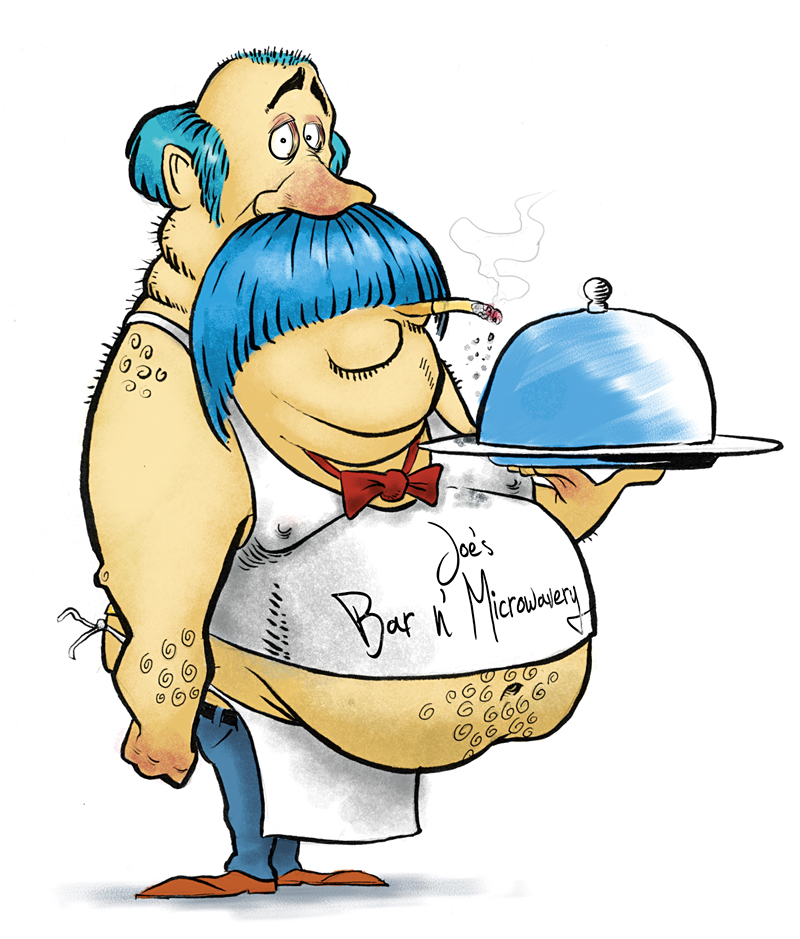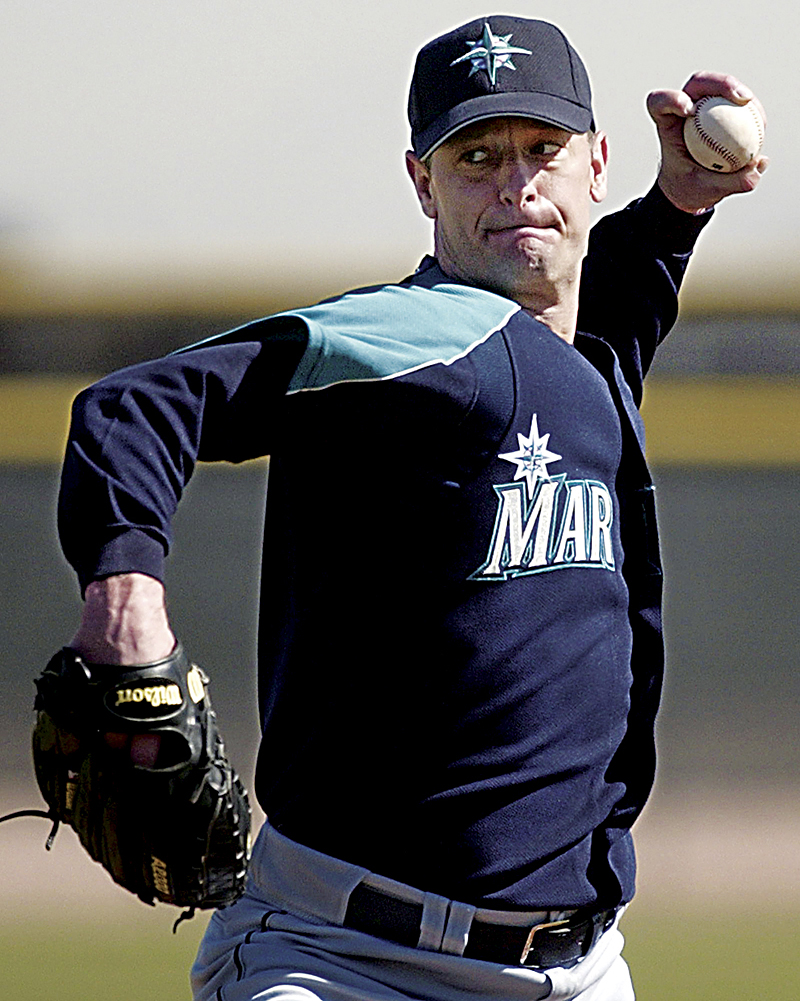A decade ago, the Washington State Liquor Control Board loosened its belt and a couple hundred bars posing as restaurants tumbled out of its pants leg. Allow me to explain why.
In 2000, the board struck from its rules a requirement that restaurants have a full kitchen in order to serve booze. It was a logical move. Advances in microwave and convection-oven technology had long since eliminated the need for a setup straight out of Canlis. But as a result, some swill merchants started serving Swansons.
No longer forced to install a Viking range just so they could pour a shot of vodka, a few enterprising bar owners who wanted a liquor license were subsequently allowed to (almost) completely drop the pretense that anyone walked through their doors for food. And some—like a trio of Ballard bars that the Weekly wrote about in 2006—went one step further: limiting their grub selection to only a few rarely ordered, exorbitantly priced TV dinners.
The rules, however, appear to have changed back.
According to the board’s website, on December 15, 2010—in what so far seems to be a completely unnoticed revision—the LCB decided that microwave meals were no longer considered acceptable. Changing the number of entrées a licensed restaurant must serve from four to eight, the board specified that “entrées do not include snack items, or menu items which consist solely of precooked frozen food that is reheated.”
In other words, bye-bye Lean Cuisine.
LCB spokesman Brian Smith says the rule change (and the resulting legislation, under debate in Olympia) is actually designed to help restaurants. The old rule, says Smith, is very restrictive about what constitutes a meal. He insists the new rule will let restaurants count items that previously weren’t considered meal-worthy—hamburgers, sandwiches, and fried foods—as viable entrées, so long as they’re made in-house.
“If you’re a bona fide restaurant, we’ve made it broader and easier to meet [the liquor license] requirement,” says Smith.
In his mind, what the board is doing will allow restaurants that weren’t actually restaurants to stop pretending they served food, ditch the microwave, and get a nightclub license—a license, he points out, that’s actually cheaper than its restaurant counterpart. (As an example of restaurants that weren’t actually restaurants, Smith points to Babalu, a Wallingford nightclub that was cited in 2008 for selling microwave meals for $99.95 per tray.)
Smith also contends that any resistance to the rule change is coming from a small minority of “restaurants” that had spent years taking advantage of the loophole. And while we’d love to counter that bureaucratic spin, it’s kinda sorta true.
The one bar owner who reached out to the Weekly about this issue used that very same word: “loophole.” He also declined to be identified, for fear of alerting the board to his soon-to-be noncompliance.







